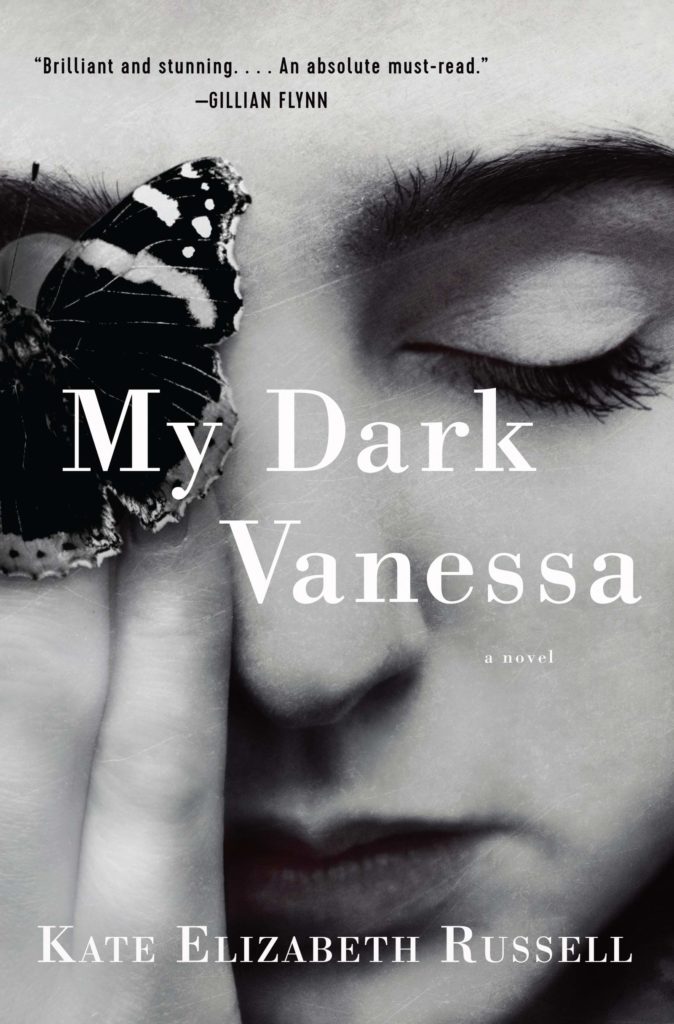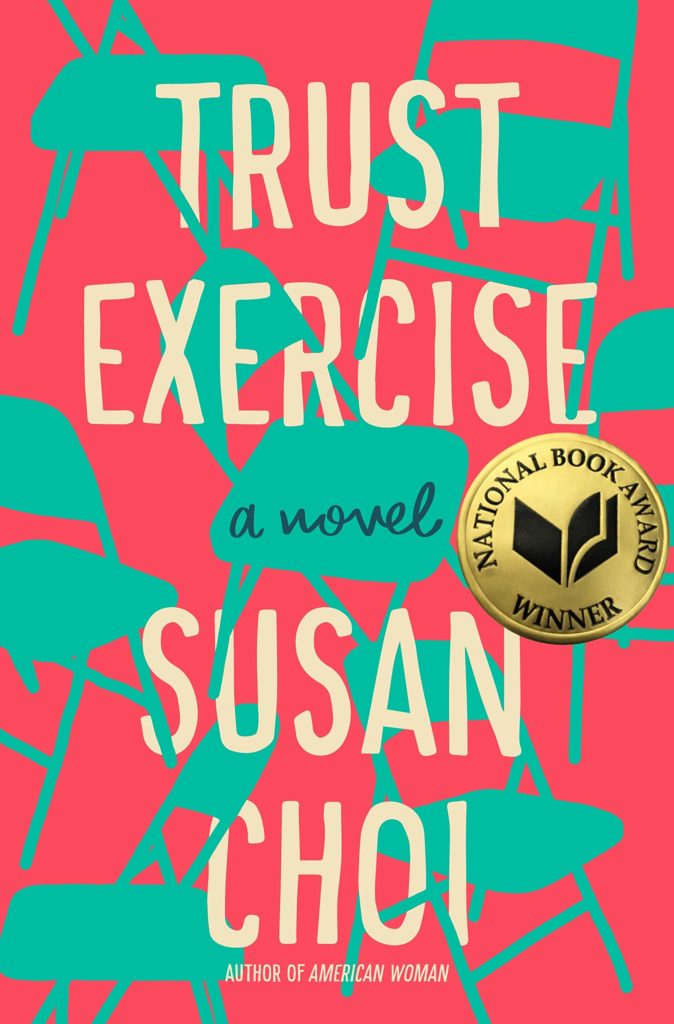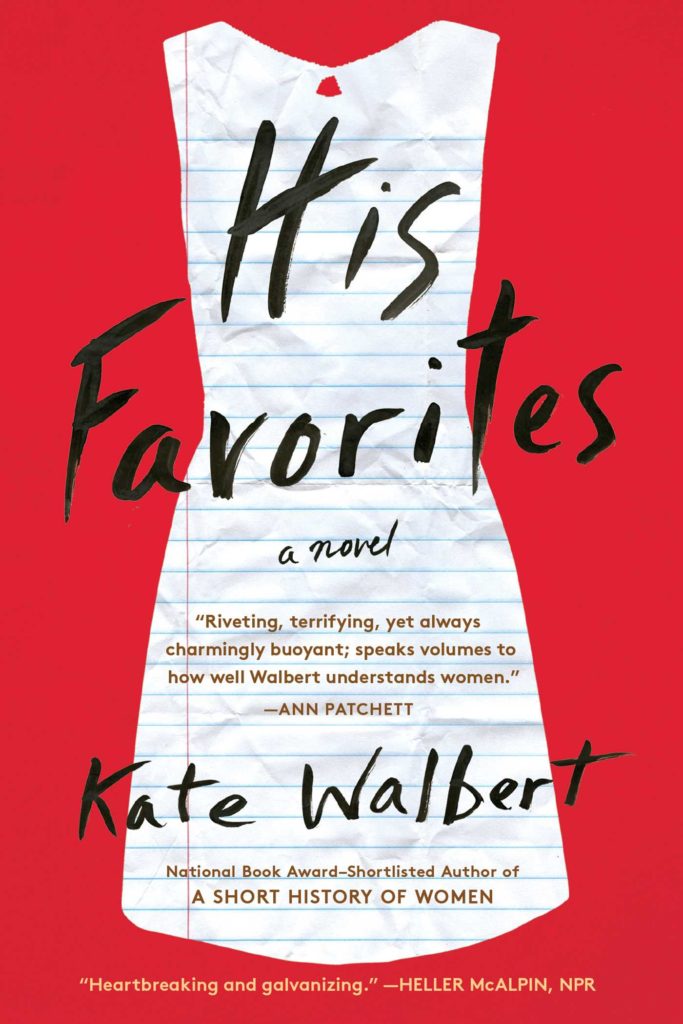


Somehow His Favorites by Kate Walbert escaped me last year, and it wasn’t until I read a review of the much-reviewed My Dark Vanessa, in which Walbert’s novel was mentioned, that I sought it out. It’s a marvelous, humane novel that perfectly captures the loneliness, confusion, and long-term effects of childhood sexual abuse.
I was overwhelmed by the novel’s narrative power, and by the story told through Jo’s eyes. Every character is so richly drawn. The mentality of being fifteen, and how adults treat a fifteen year old girl, is captured here so vividly. Scene after scene is written with such confidence, in a way that’s both delicate and devastating. Every word seems perfectly chosen, not in a fussy-perfect way, but in a way that one word propels the story forward to the next word, and the next, in support of the story the author wants to tell.
I’m trying to think of another author who achieves such a sensitive balance of inner life and outer realities in their writing, and I come up with Ali Smith. I suppose there is a bit of resemblance to Anna Burns’s narrator in Milkman here, too, in the way I feel the humanity and the heart of Walbert’s Jo, her spirit singing out on every page, even as she is describing such a desperate time in her life. But Walbert is her own voice. This is a perfect little book.
My Dark Vanessa is also about a fifteen year old girl and her much older abuser, and what Russell tries to accomplish here is complicated–she endeavors to give a sense on the page of how young girls, young victims–can feel, or be made to feel, entirely empowered by the interest of much older men, a misinterpretation of their situation that can lead to complicated feelings in their adulthood, of volition vs. coercion, and of sexual power vs. sexual abuse.
I admire the goal and found the novel interesting if not entirely satisfying. I wish Russell had spent more time reading and studying Nabokov, whose literary presence haunts this novel. I wish she had studied the dark subtlety at work in Lolita, and the way Humbert never quite does more than imply. For me the novel had too many uncomfortable, rapey sex scenes in it. Russell wants us to feel uncomfortable, but to me it felt too much. That’s not necessarily a prurient comment–I think the sex writing is a literary flaw, because there is no way such a repressed character as this narrator would reveal so much, and the graphic frankness in many scenes runs the danger of skirting the border of soft-pornographic territory, which is exactly the territory that the author wants to avoid.
All that said, there is something powerful at work here. Russell writes a credible first-person account of a child as she is being groomed, and who is unaware of that reality. I admire this aspect of the novel.
And then there is Trust Exercise.
To tell the truth, I’m not sure what happened in this novel. The meta fictional jolt that comes between parts one and two made me skeptical, reading forward, whether anything in the novel is meant to be considered “the truth” or whether every section merely presents another fictional construct. Of course it’s all fiction and such mental wanderings in a way just prove once more how tricksy fiction can be. And I believe Choi here is primarily interested in exploring the ways women process their abuse, including denying it happened at all, rather than she is interested in writing a #metoo story. At the end of this novel I’m not even sure who was abused by whom, or how many babies were born. Are all the men in this book ephebophiles? I feel metaphorically violated by this novel, similar to the way Choi metaphorically violates her fictional creations. That’s not necessarily a bad thing. The novel upended me. And I don’t believe this novel is meant to be pinned down, even if many of its positive reviewers seem to claim to know exactly what it’s about. It unsettled me. And it left me wondering why I haven’t read more of Choi’s books, which until now have been on my metaphorical shelf of all the authors I mean to read, very soon, along with Francine Prose, Mary Gaitskill, and Cynthia Ozick.

